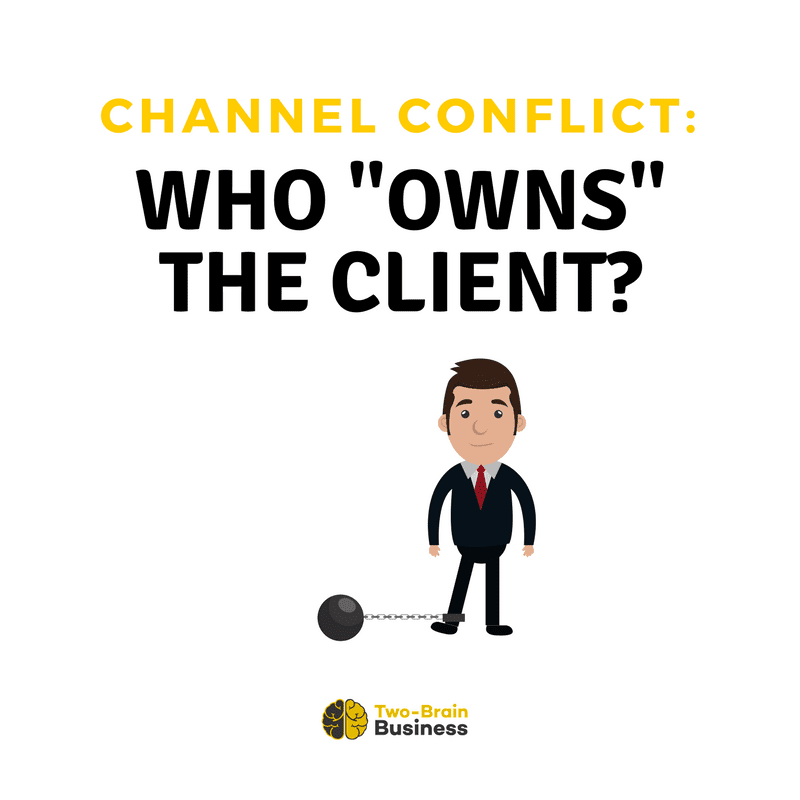I have a dentist. She’s been my dentist for a decade.
In those ten years, she’s moved her practice three times. And every time she moves, I follow, because my relationship is with her, not her office.
Obviously, this is great for her. She’ll be my dentist for life. But it’s NOT great for the dental offices she leaves.
I have a financial advisor. He has a “book of business” with my name in it.
If he moves his practice to another brand, I’ll go with him. He knows that I prefer Index Funds over RSPs, and real estate over any paper investment.
Obviously, this is great for him. But it’s NOT great for his office: if he leaves, so do his clients.
In most professions, shifting between dealerships or franchises happens only once or twice in a career. But in the fitness industry, it happens around every three years. Especially with CrossFit, where the barrier to ownership is SO low, trainers move in and out of gyms pretty often. And if you don’t want your clients to follow them down the street, you have to take a different approach.
Your clients need to have a relationship with your BRAND that overrides their relationship with any SPECIFIC coach.
Here are some tips to keep your brand in the forefront of your clients’ mind:
- Change your lexicon. Avoid using phrases like “coach for life”. Instead, refer to “the excellent coaches at Catalyst” and use “we” in your correspondence.
- Regularly switch coaches around in group class times.
- Sub out coaches for personal training clients occasionally. It’s fun for coaches to work with new clients, and better for the clients.
- Put the best person in each role. If you say “client retention is the coach’s job” then that coach will manage the entire client relationship. If they’re bad at sending birthday cards or congratulating clients, the client suffers. But if you have one amazing staff person in this role, it solidifies the relationship between your gym and the client.
- Sign correspondence with “Your friends at Catalyst” instead of “Chris”.
- Tell coaches to keep communication lines with clients professional. Don’t give out personal cell phone numbers or email addresses. There’s a strong legal reason for this, too: if a client ever tried to sue the business, the coach’s personal text and email history could become the property of the plaintiff if they’re using it with the client.
- Encourage ALL coaches to establish their authority outside of the coaching sessions by producing educational videos and blog posts.
- Hire a diverse array of coaches. I love to say, “I want you to train with Mike for the next three months. He’s great at accountability. Then you can move back to Bill in September when you’re getting ready for ski season again.”
- Don’t depend on your coaches for sales. If they’re the client’s only point of contact, of COURSE the client will follow them wherever they go. Do goal reviews, or have a separate staff specialist meeting with the client three times per year.
- In general, expose every client to three different members of your staff, minimum.
You got the clients. You signed them up. You paid for your website and painted your office.
You’re also doing your best to provide meaningful careers for your coaches. But if it doesn’t work out, do you lose the kids in the divorce?

